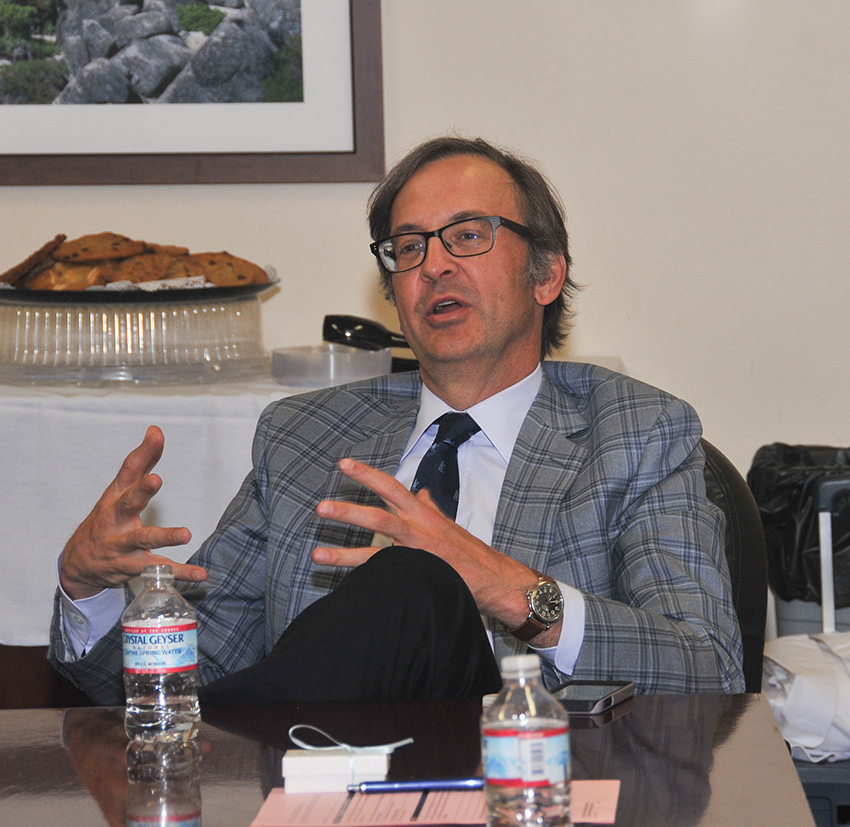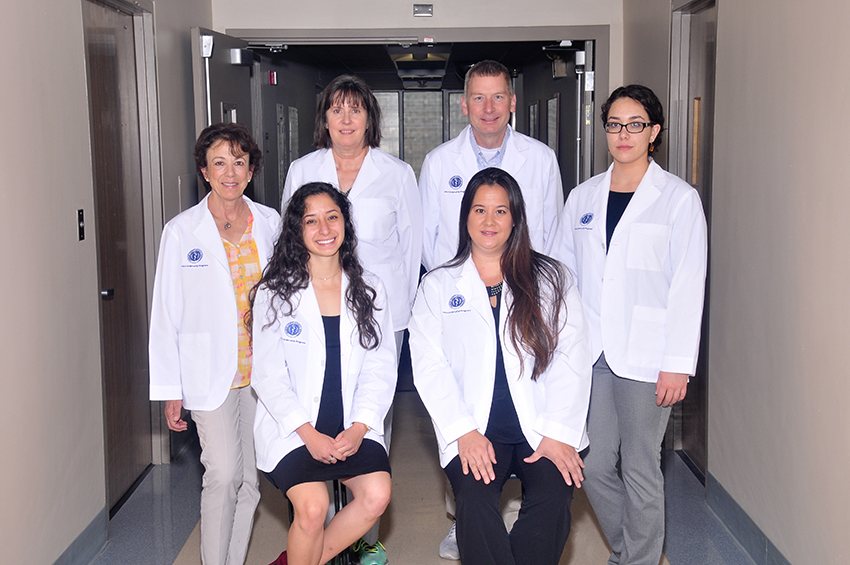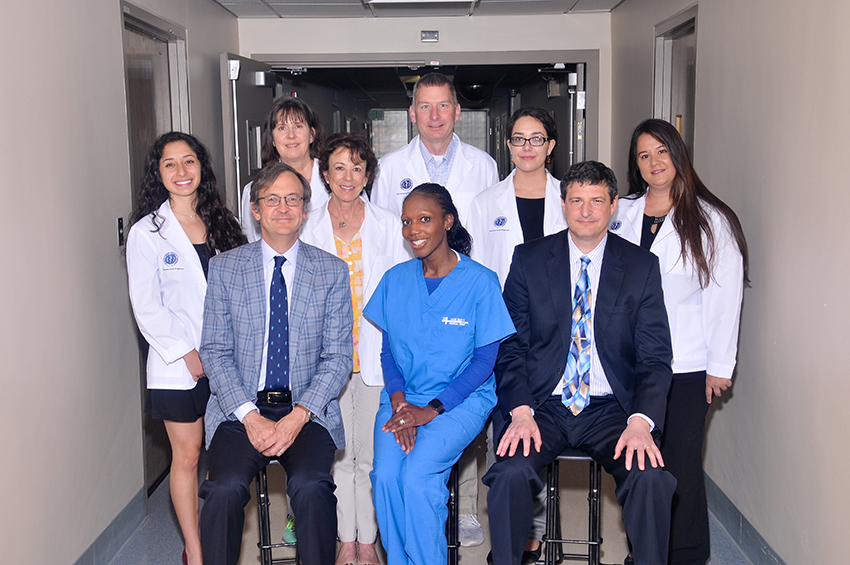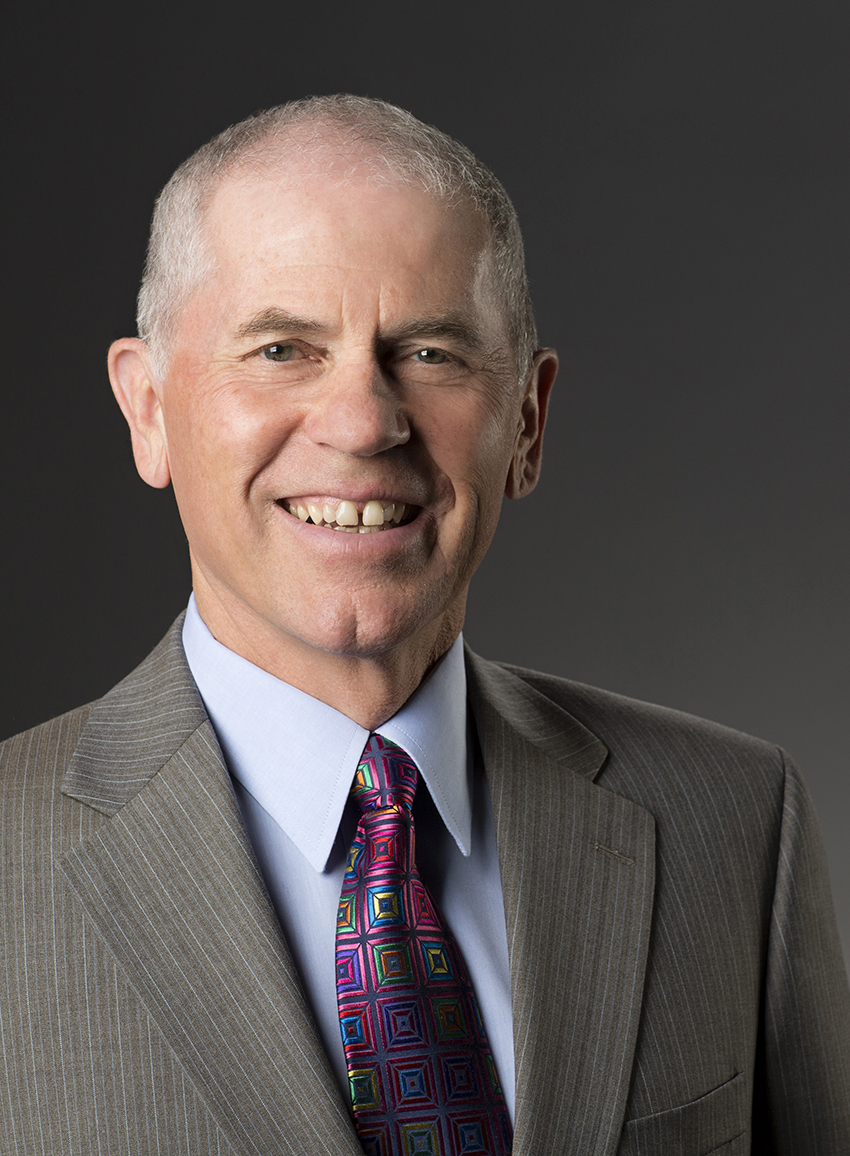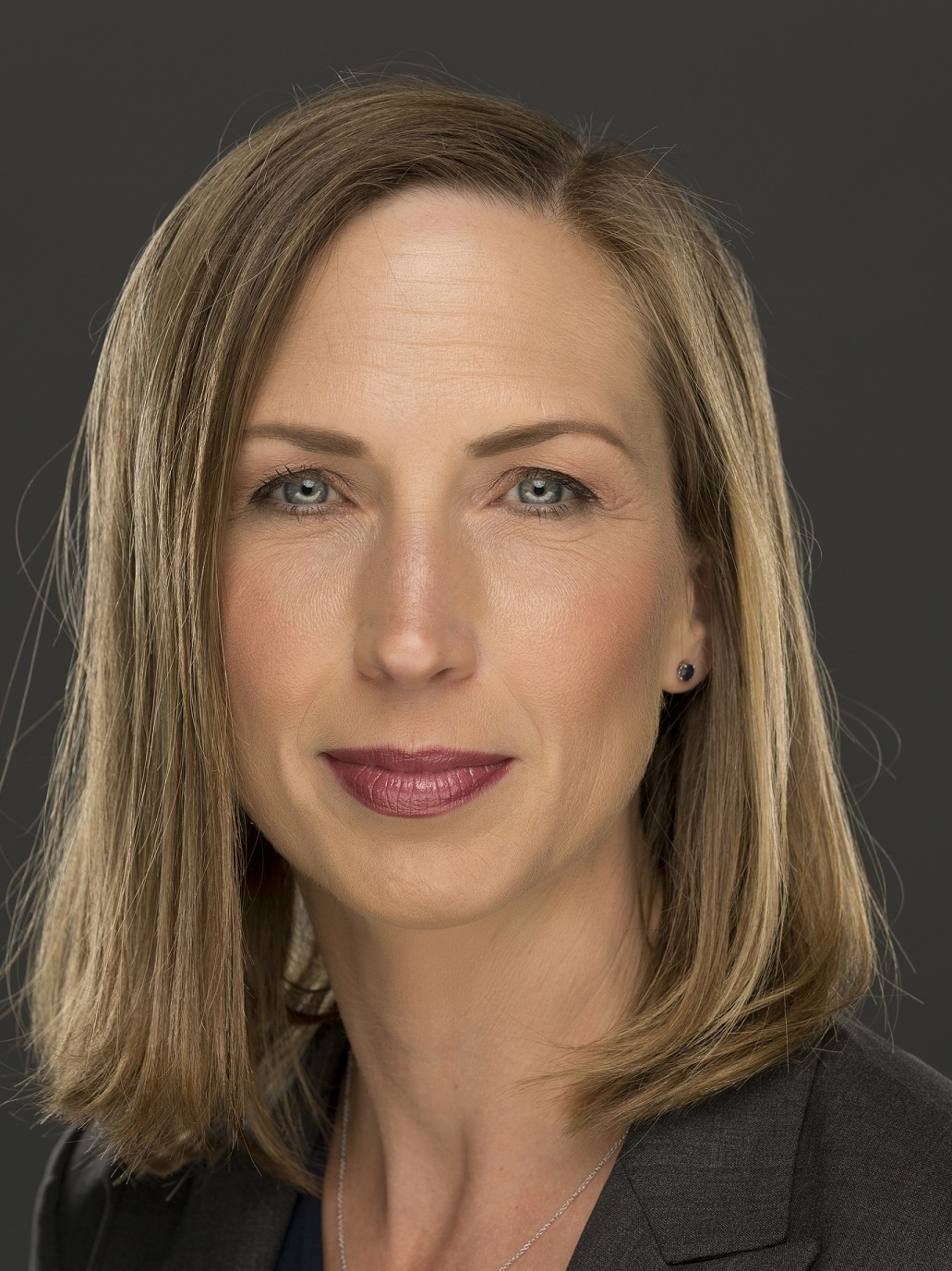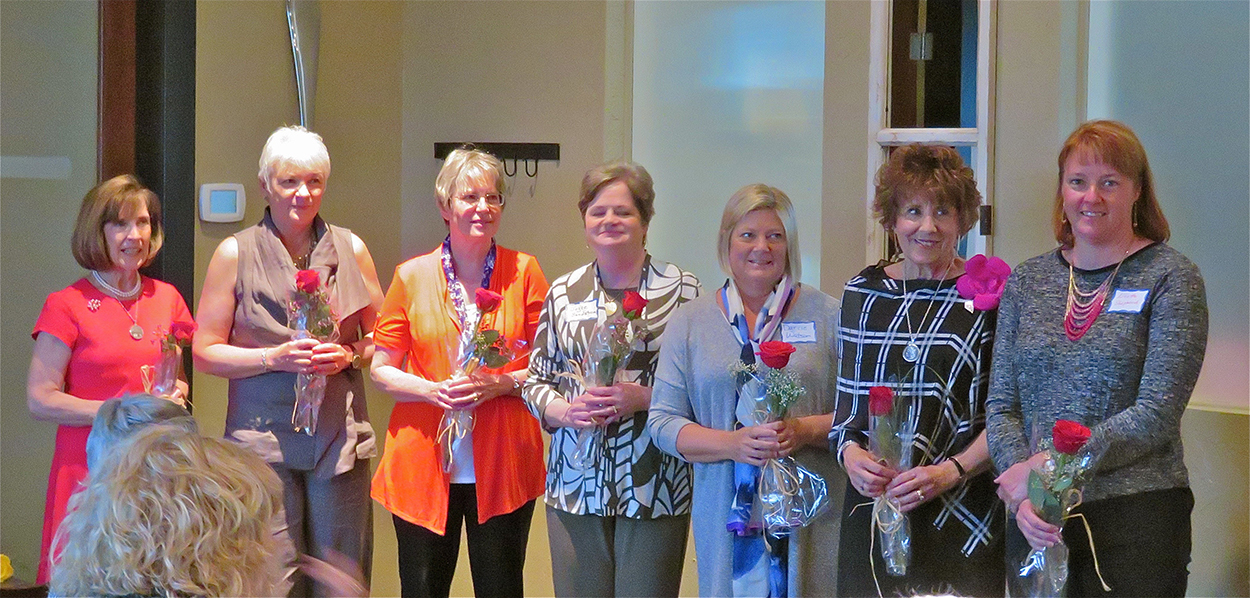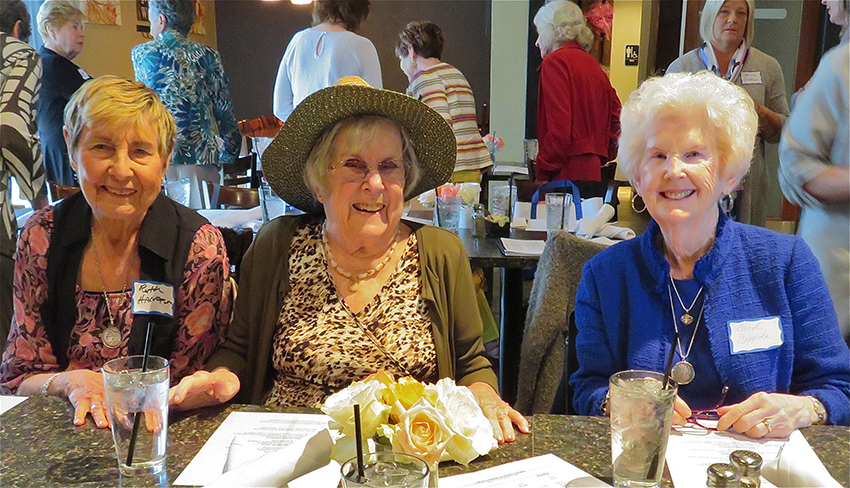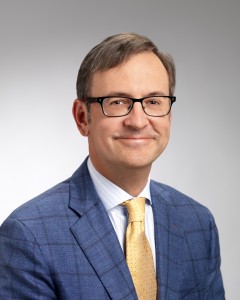Responses to the Opioid Problem in Nevada
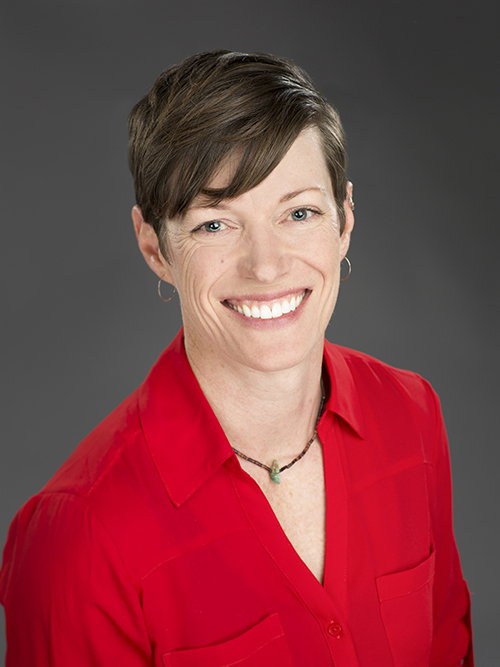
By Karla D. Wagner, Ph.D.,
Associate Professor School of Community Health Sciences University of Nevada, Reno
Similar to other states in the US, Nevada has experienced increases in indicators related to opioid use, abuse, and overdose in the past several years. Nevada has consistently ranked in the top quartile of overdose deaths in the nation. It ranted 16th in the nation for prescription drug use in 2016. Visits to the Emergency Department (ED) for opioids have increased significantly – from 3,095 in 2010 to 7,035 in 2015. Heroin related deaths increased 22% from 2014 to 2015.
Several efforts are underway to address Nevada’s opioid crisis. This spring, Nevada received a $5.6 million grant from the Substance Abuse and Mental Health Services Administration (SAMHSA) as part of the State Targeted Response (STR) to the Opioid Crisis grants program. This program will expand access to medication assisted treatment (MAT) and prevention services throughout the state, and physicians will have an important role to play in this initiative. One of the more innovative aspects of Nevada’s STR program is the implementation of peer support recovery teams that will work with opioid overdose patients presenting in the ED to provide peer coaching, overdose prevention education, naloxone, linkage to MAT, and other supportive services.
